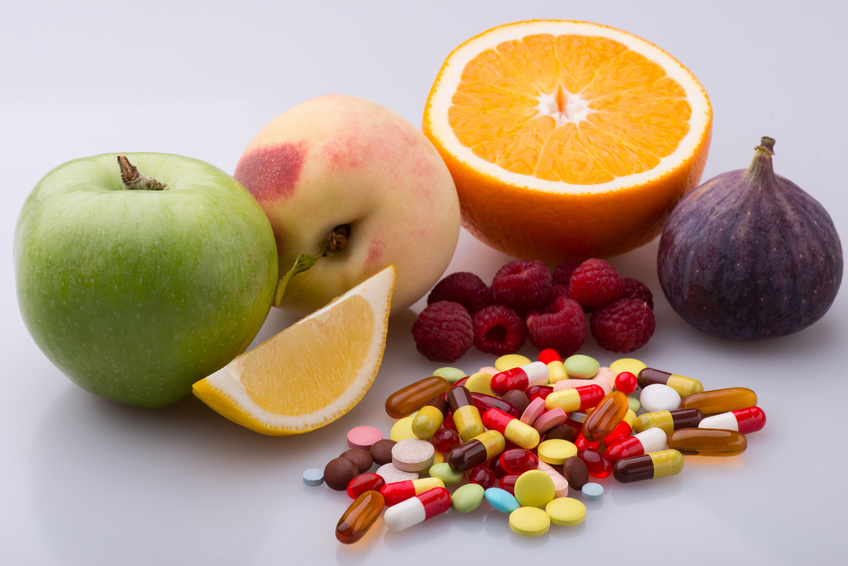How to Protect Yourself from Gluten in Medication? (Gluten in supplements and vitamins.)
Supplements for Gluten-Intolerant People Because you are gluten-free, you may want additional assistance in obtaining certain nutrients.

Gluten can be found in a variety of items, including prescription and over-the-counter drugs, vitamins, and supplements. By thoroughly reviewing the contents in these goods, you can avoid all hazards.
Oral drugs in the form of pills and capsules can include gluten. Many substances, both within and outside the product, go into making medicines. The active ingredient, absorbents (which absorb water to allow the tablet to swell and disintegrate), protectants, binders, colouring agents, lubricants, and bulking agents are all excipients (which allow some products to dissolve slowly as they travel through the intestinal tract).
Vitamin and mineral treatment, in addition to a gluten-free diet, can help patients recover faster from nutritional deficiencies. However, certain inactive substances in vitamins and supplements can contain gluten, therefore extra caution is required to limit gluten exposure and gluten-free free vitamins should be used.
Supplements for Gluten-Intolerant People Because you are gluten-free, you may want additional assistance in obtaining certain nutrients.

If you eat a gluten-free diet because you have celiac disease or gluten intolerance, there’s a strong possibility you’re missing out on important vitamins and nutrients from the foods you can eat. That’s why gluten intolerance or celiac disease sufferers may benefit from supplements.
Celiac disease can create malabsorption problems, which make it difficult for your body to absorb nutrients and use them. However, whether you avoid gluten because you have celiac disease or not, what you eat can lead to vitamin shortages. This is partly due to the fact that gluten-free processed meals are rarely fortified with additional nutrients.
Vitamins and minerals you may require more of.

Vitamin B6 is the one we require the most.
Folate
D vitamin
Calcium
Iron
B12 (cobalamin)
Thiamin
Riboflavin
Niacin
Taking these vitamin and mineral supplements will help you acquire enough of essential minerals to stay healthy, even if you have celiac disease or gluten intolerance. This article discusses the nutrients you may be deficient in and which foods contain them. Supplementation may be necessary if your diet isn’t enough to raise your levels.
General tips-
• Check the label to see if the supplements is gluten free.
• A gluten-free diet alone does not provide adequate vitamin and mineral intake. As a result, most patients with diabetes should take a multivitamin/mineral supplement. Celiac disease is a type of celiac disease.
• on taking with food, most multivitamins is better absorbed and tolerated.
Focusing on vitamin-rich meals may not eliminate the need for supplements; you’ll need to speak with your doctor about your individual health needs and whether they recommend supplementing with specific nutrients or a more comprehensive multivitamin product. Supplements aren’t necessary for everyone, but celiac disease patients may require them more frequently than others because the disease impairs your ability to absorb nutrients. However, consuming nutrient-dense meals, particularly those high in the nutrients you may be deficient in, may help you rectify deficits and improve your overall health.
Check the link below for the best gluten free products
. https://foodvez.com/

